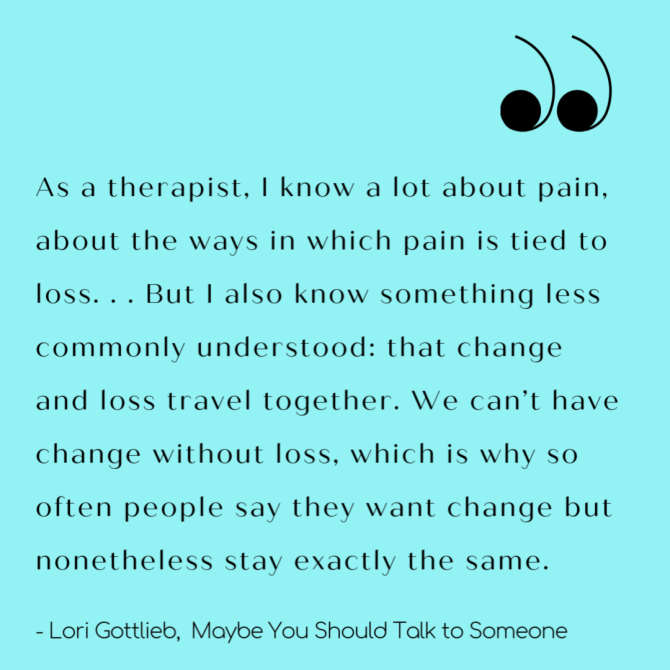

I believe that of all my credentials, my most significant is that I’m a card-carrying member of the human race. In my private practice internship, I worked under the supervision of a Gottman-certified couples therapist, and couples work later became a significant focus of my practice.īut here’s the more personal part of my story: If my training has taught me anything, it’s that we grow in connection with others. I did my clinical training at The Wright Institute and post-graduate internship at The Maple Counseling Center where, in addition to treating patients with a wide array of issues, I ran groups and did intensive specialty tracks in intake and assessment, mindful parenting, and couples. So I went back to school again, this time to Pepperdine University for my graduate studies in clinical psychology. Once I became a parent, my world expanded even more, and I wanted to do more than write about people’s stories-I also wanted to help people change their stories. I am also frequently interviewed in media such as The Today Show, Good Morning America, CBS This Morning, Dr. For several years, I wrote a monthly parenting column for Lifetime Moms and a relationships column for MSN.

In the years since, I have published New York Times bestselling books that have been translated to 20 languages written hundreds of cover stories, features, profiles, opinion pieces, and reviews for publications including The New York Times, The Atlantic, The Washington Post, The Los Angeles Times, Time, People, Slate, Salon, O, The Oprah Magazine, New York Magazine, Parents, Elle, Cosmopolitan, Glamour, Self, Redbook, Town and Country, Working Mother, Women’s Health and many others become a contributing editor and weekly “Dear Therapist” columnist at The Atlantic and contributed regular commentaries to NPR. While there, my first book was published and ultimately I decided to pursue writing full-time. In my twenties, I focused on visual storytelling as a film and television executive until I returned to Stanford for medical school. The professional part of my story goes like this: I studied language and culture first at Yale and then at Stanford University, where I explored beliefs and traditions across the globe-and immersed myself in those stories. Our own role might change, too-from bit player to lead, from victim to hero.

Some major characters might become minor ones, and some minor characters may take on star billing. What first got included in the telling may now be left out, and what was left out may become a central plot point.

Of course, in the best of therapy and writing, the story we start out with may not be the story we end up with.


 0 kommentar(er)
0 kommentar(er)
